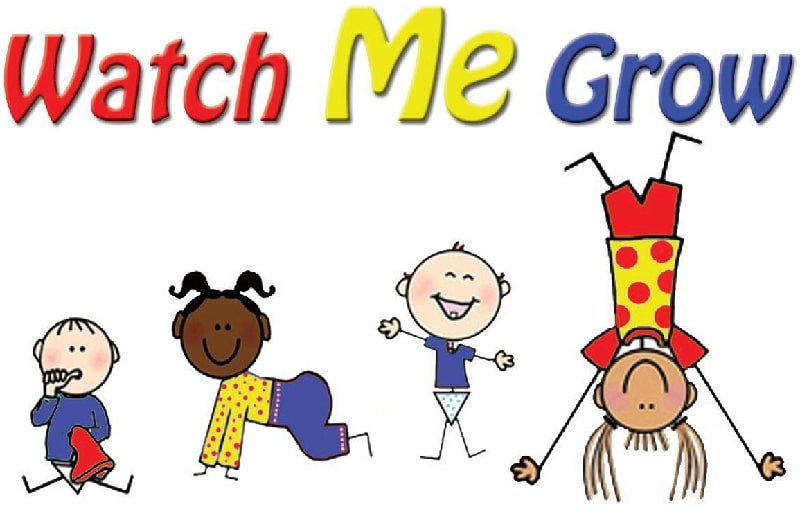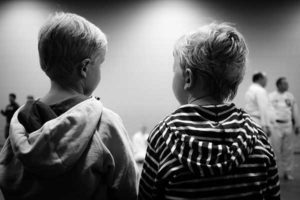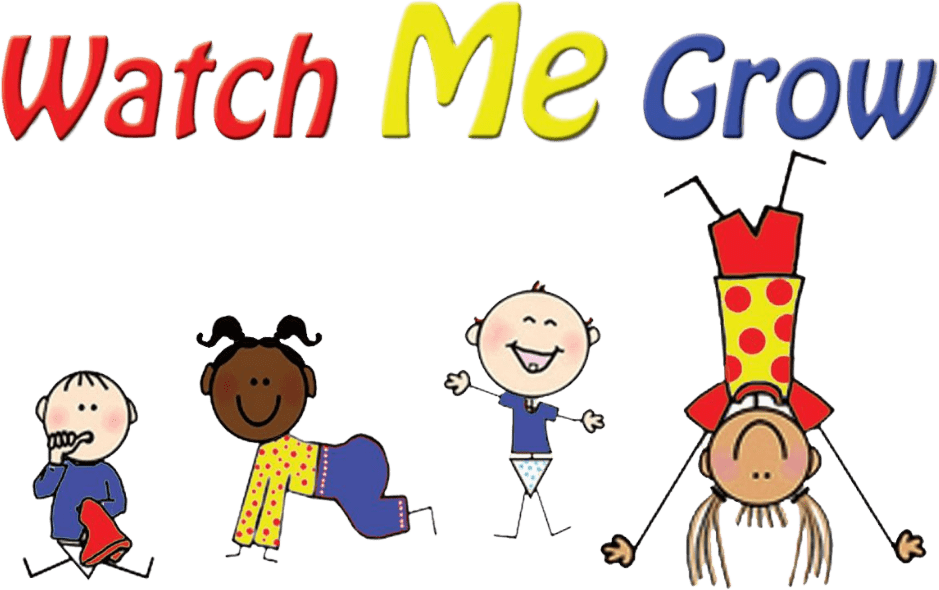Some parents are wary of sending their child to a preschool program. Some think the child is too young even at three or four to leave home for an extended time. There are even parents who aren’t ready to let their child go just yet. But research has shown that a preschool program is beneficial for the majority of children. Here are seven reasons why.
1. KINDERGARTEN
A good preschool program prepares a child to go to kindergarten. A lot of kindergarten classes focus on preparing young children to succeed in the higher grades. The less rigorous preschool program activities and the child’s learning to interact with a group of children and other adults besides parents makes the transition to kindergarten a bit easier.
2. BUILDING SOCIAL TIES
A three year old child is old enough to build social and emotional bonds with people outside of their family. This includes their preschool program teacher and their classmates. A good preschool teacher understands the stages of a child’s social development and nurtures them. At the same time, the child’s parents are folded into this network of teachers, school friends and maybe even the parents of school friends.
3. STRUCTURE
Though a person who simply walks into a preschool program one morning might think they’re seeing a lot of colorful chaos, they aren’t. A good preschool environment is quite structured. The children learn the rules of play and other types of interaction, and the teacher is calm and in control.
4. OPTIONS
Children learn that they have options, even if it comes down to which color finger-paint to choose to create a picture. A good preschool teacher is always on the look-out for that one child who seems to not know what to do with themselves and will gently guide that child to a choice of activities.
5. AGENCY
In a preschool program, children learn how to operate as part of a goal-oriented group. Even a very young child can clean up when preschool program activities are done, feed the class pet or make sure the plants are watered. They take responsibility for themselves. They learn to wash their hands, put their things away and even exercise their natural empathy by helping another child who seems confused or doesn’t quite understand the rules of a certain activity.
6. CURIOSITY
The purpose of the preschool should be to encourage and satisfy a little child’s curiosity and fierce desire to learn about the world. Even the smallest discovery can be an occasion for teaching.
To that end, a good preschool should have a nice selection of costumes and properties, perhaps including corners of the room set up with a child-sized kitchen or a child-sized mom n’ pop store where children can take the roles of cook, customer, cashier and other people.
7. LANGUAGE AND THINKING
Being in a good preschool program encourages a child’s acquisition of language and their ability to think. The teacher engages the child in conversation, gently challenges them to try new ways of thinking and expands their already expanding vocabulary by seasoning their conversation with new words. This does not have to be very formal and can be done during playtime or snack time or even before nap time. Preschool is the place to sing, listen to stories and act them out.
The trick for the preschool teacher is to not try to explain things in ways that are beyond the child’s understanding. It is good to remember that little children rely on magical thinking more than adults do.
DIFFERENCE BETWEEN BEFORE NORTH LAS VEGAS CHILD CARE AND PRESCHOOL?
A child care program such as North Las Vegas day care is where children are looked after while their parents are at work or school. Unlike before school, a North Las Vegas daycare center is opened on holidays and during the summer and accepts a wider age range of children. But day care and before school care can overlap in that they often require the same accreditation and are similar in cost.
WHAT TO LOOK FOR IN PRESCHOOL
Like everything else that’s important, choosing the right preschool program requires some research. Some of these programs are part of North Las Vegas child care programs. Parents should get recommendations for a good preschool from other parents and take into consideration the location of the preschool and its schedule. Is it a morning program? Is it two or three times a week? The school should be state-licensed, and the best are accredited by NAEYC, or the National Association for the Education of Young Children.
After a list of schools has been gathered and whittled down, the schools under consideration should be called. The parent should ask about their fees, if any, how old the child has to be before they’re admitted and the syllabus. Parents should meet with the school’s director and observe a class. This is the best way to determine which preschool is right for their child.



